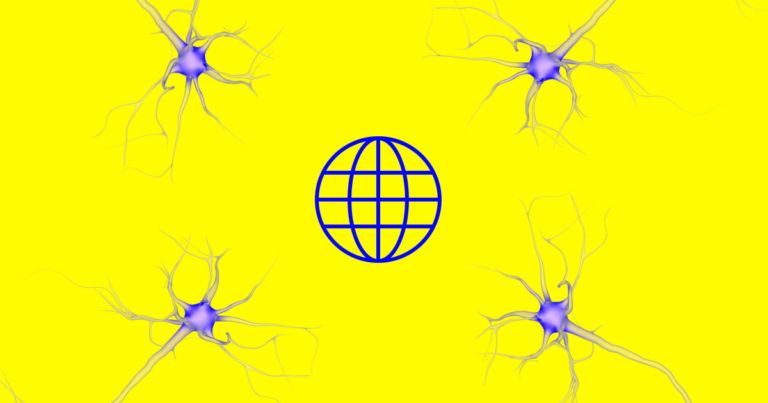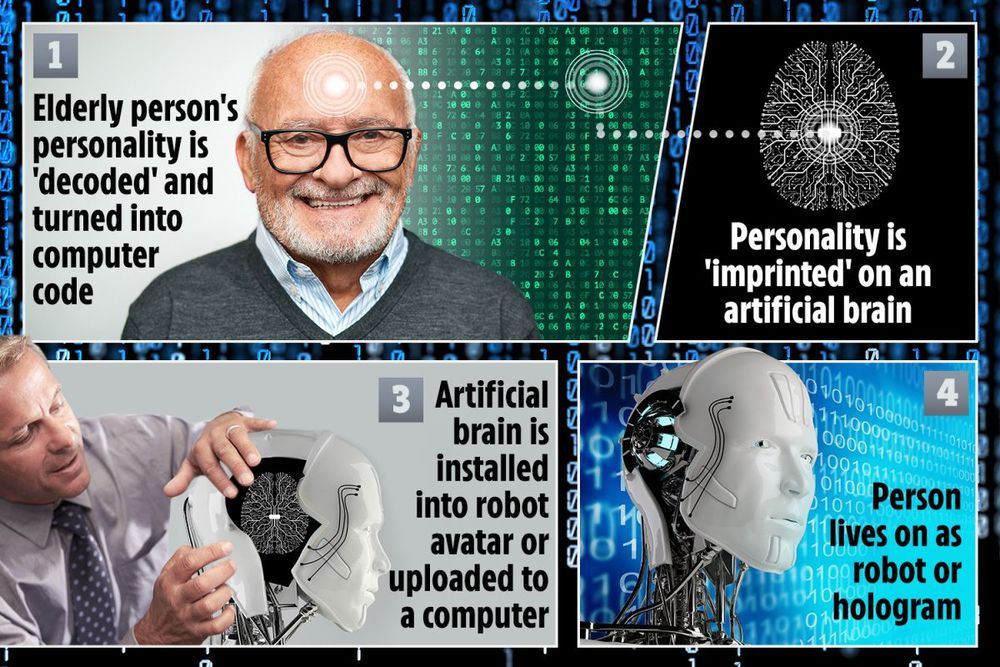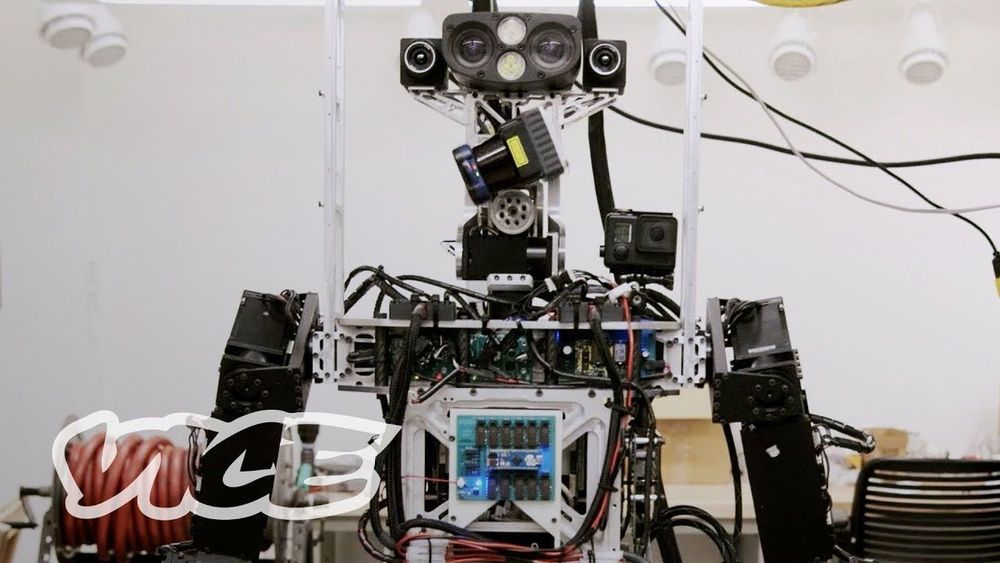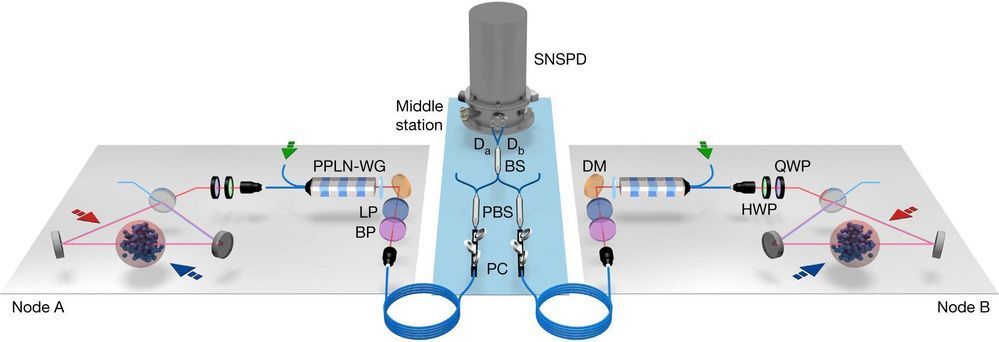Feb 26, 2020
Artificial and Biological Neurons Just Talked Over the Internet
Posted by Genevieve Klien in categories: biotech/medical, cyborgs, internet, nanotechnology, robotics/AI
For now, it’s a simple network. But, it could be an important first step toward smarter and more adaptive prosthetics and brain-computer interfaces — and potentially lay the groundwork for a world where neural implants create real brain networks.
“On one side it sets the basis for a novel scenario that was never encountered during natural evolution, where biological and artificial neurons are linked together and communicate across global networks; laying the foundations for the Internet of Neuro-electronics,” Themis Prodromakis, a nanotechnology researcher and director at the University of Southampton’s Centre for Electronics Frontiers said in a press release.
“On the other hand, it brings new prospects to neuroprosthetic technologies, paving the way towards research into replacing dysfunctional parts of the brain with AI chips.”

















